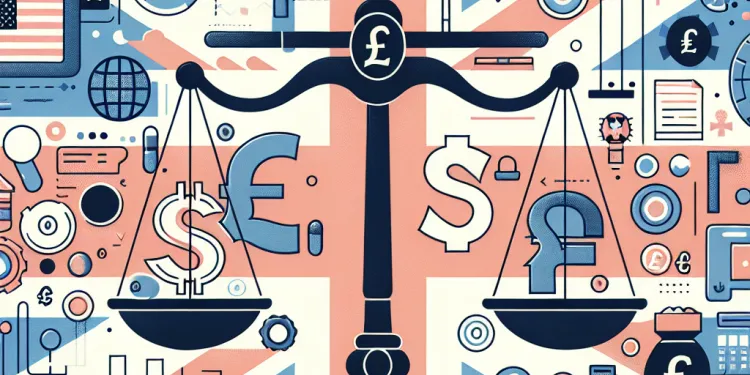
Find A Professional
More Items From Ergsy search
-

Can inmates access legal assistance?
Relevance: 100%
-
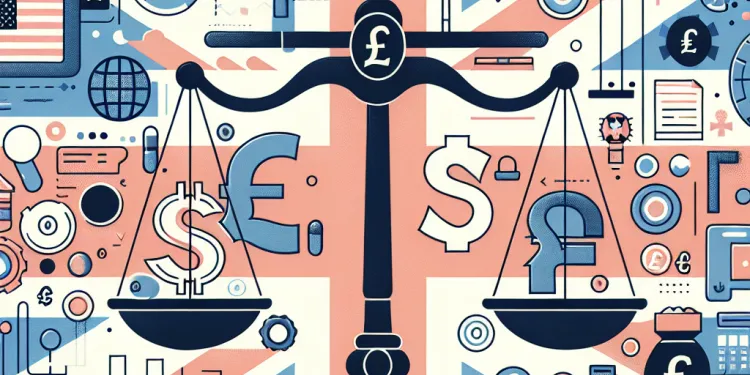
How can I ensure my solution is within legal boundaries?
Relevance: 73%
-
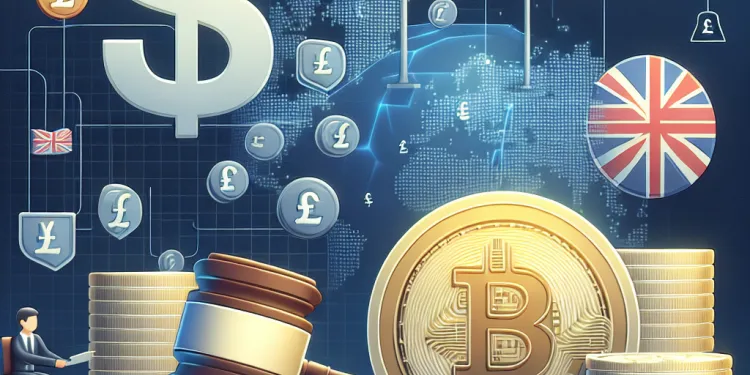
Is cryptocurrency legal?
Relevance: 51%
-

Navigating Legal Guardianship and Parental Responsibility in the UK
Relevance: 51%
-

Emergency Legal Guidance: Navigating the Impact of Sudden Policy Changes on Families
Relevance: 47%
-
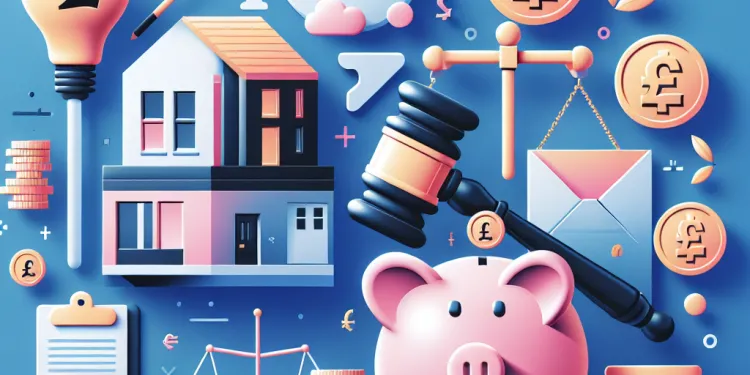
What should I do if I can't afford a lawyer for the eviction process?
Relevance: 47%
-
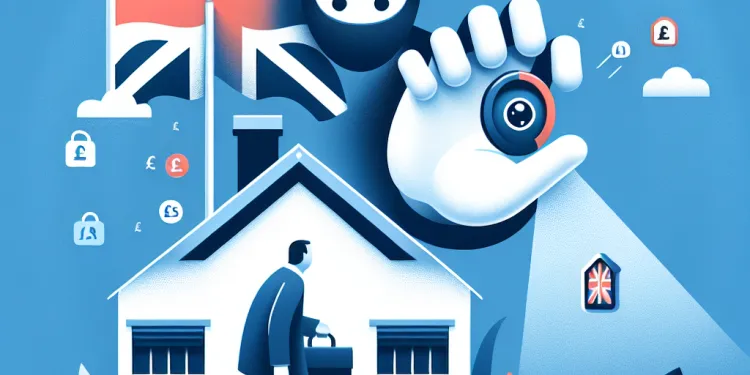
Can I ask for legal help to get my neighbor’s camera moved?
Relevance: 42%
-

Is CBD legal?
Relevance: 36%
-
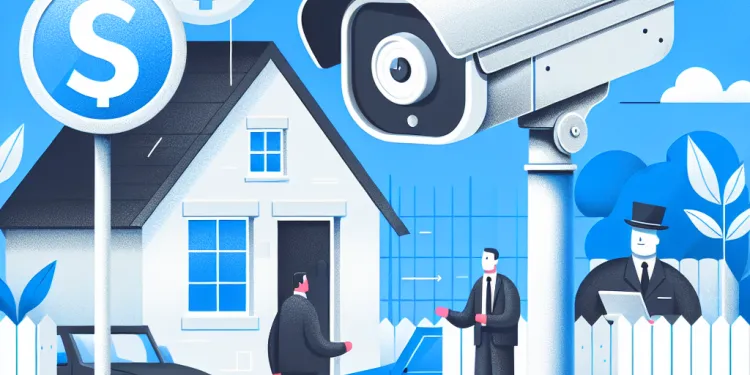
Is it legal for me to block the view of my neighbour's security camera?
Relevance: 35%
-

Helen Starkie, Solicitor, Bath, UK
Relevance: 33%
-
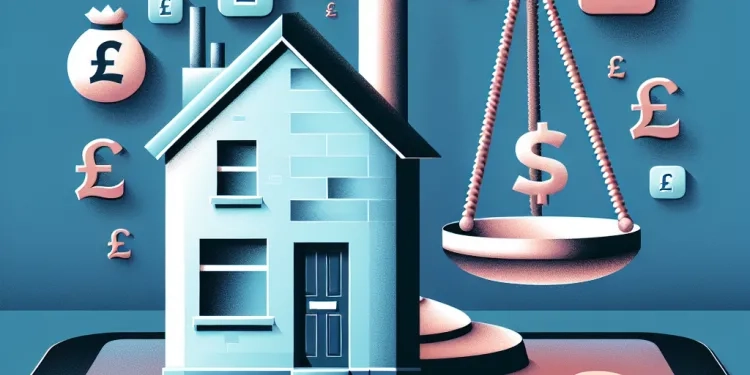
Can I appeal a court's eviction decision?
Relevance: 31%
-

Is it legal for my neighbor to have a security camera facing my property?
Relevance: 31%
-

Is ketamine legal?
Relevance: 30%
-

Can a landlord lock me out or remove my belongings to evict me?
Relevance: 30%
-

What evidence should I gather if I plan to seek legal action?
Relevance: 30%
-

Can my neighbour legally point a security camera at my property?
Relevance: 29%
-

Handling Inheritance Disputes Legally
Relevance: 29%
-

Helen Starkie, Bath Solicitor for Wills and Probate Law
Relevance: 29%
-

Three-year limit for child sexual abuse claims to be removed
Relevance: 27%
-

Do neighbours need to inform me if their cameras record my property?
Relevance: 27%
-

What happens if I stay beyond the eviction deadline?
Relevance: 26%
-

Navigating Personal Injury Claims: What You Need to Know Post-2023
Relevance: 26%
-
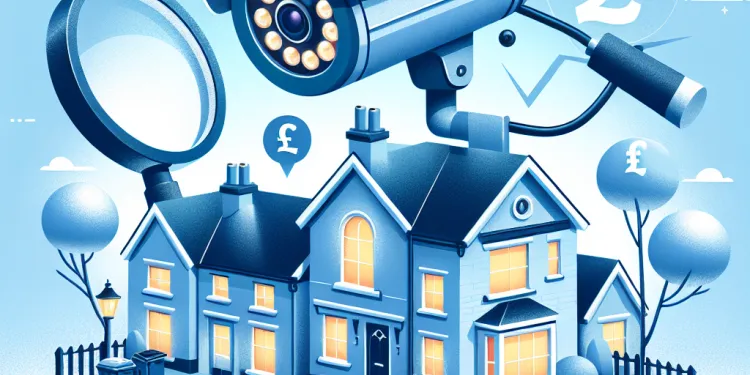
Can my neighbour use footage from their security camera as evidence in disputes?
Relevance: 25%
-
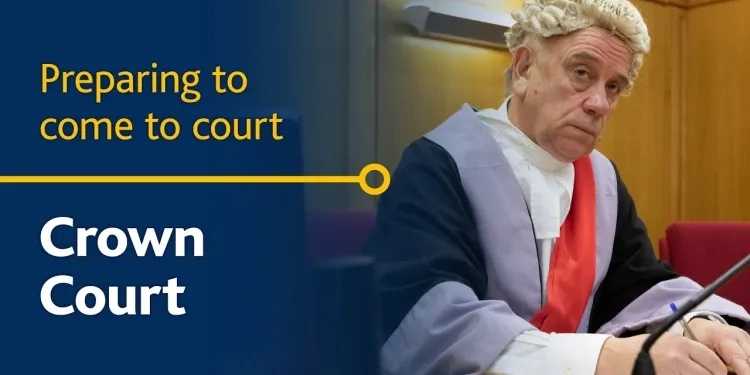
Crown Court - Preparing to come to court
Relevance: 25%
-
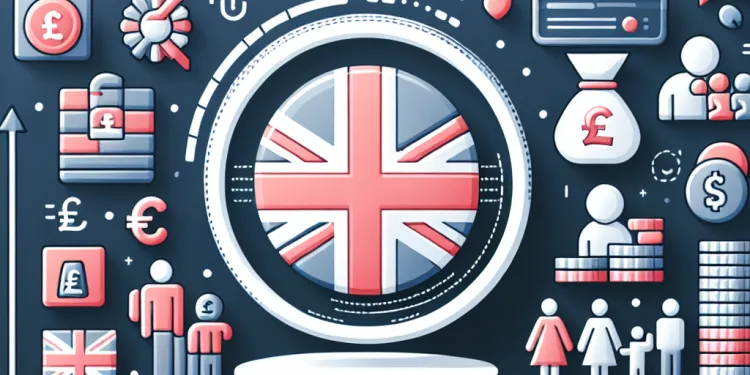
Understanding Your Rights: Legal Support for Families During Economic Turbulence
Relevance: 25%
-

Can you travel with CBD?
Relevance: 24%
-
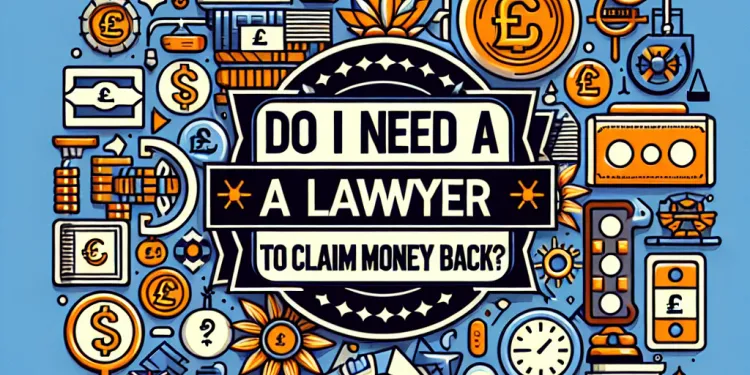
Do I need a lawyer to claim money back?
Relevance: 23%
-

How can I find out if any additional documentation is needed for my case?
Relevance: 23%
-

How are disputes between landlords and tenants handled?
Relevance: 22%
-

How can I stop my neighbour's security camera pointing at my property?
Relevance: 22%
-

Are employers legally required to pay the National Living Wage?
Relevance: 22%
-
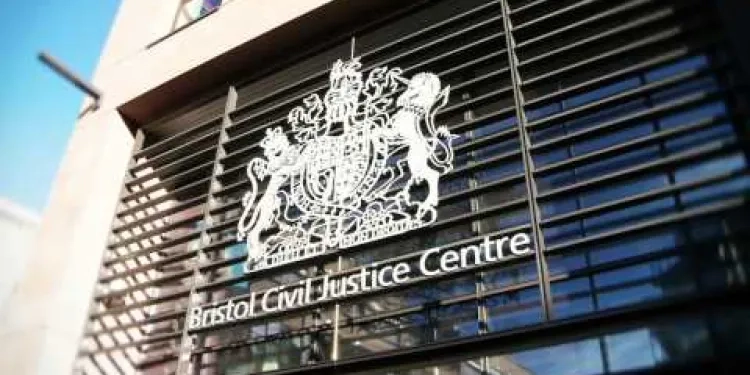
The Family Court without a Lawyer - Video 1 of 3
Relevance: 22%
-
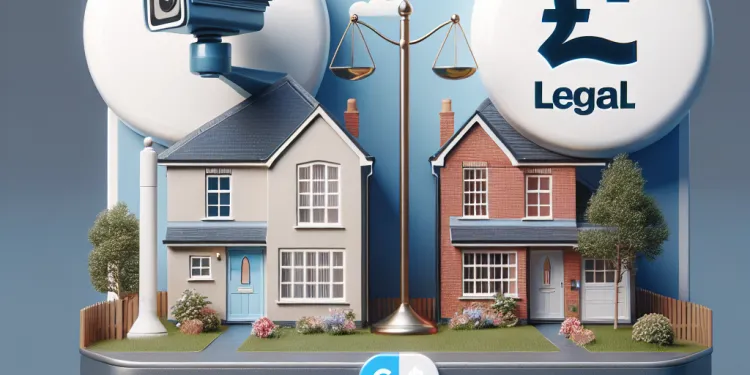
Can the police access my neighbour’s CCTV footage without consent?
Relevance: 21%
-

Are there any legal restrictions on caffeine pouches?
Relevance: 21%
-

Understanding Your Rights During Divorce Proceedings in the UK
Relevance: 21%
-
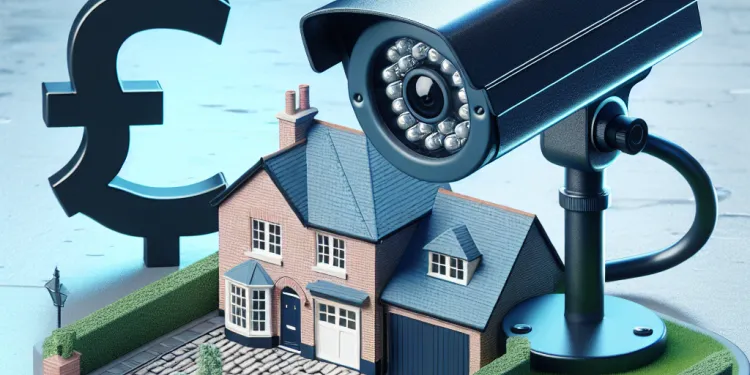
Is my concern valid if the camera is only monitoring my driveway?
Relevance: 21%
-

Is a hosepipe ban legally enforceable?
Relevance: 21%
-
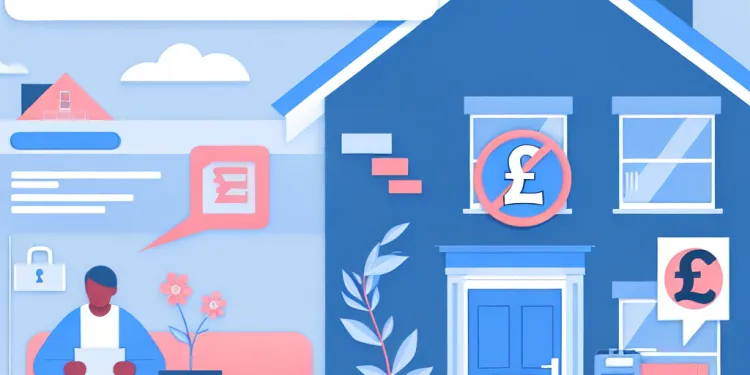
What can I do if my landlord wants to evict me?
Relevance: 21%
-
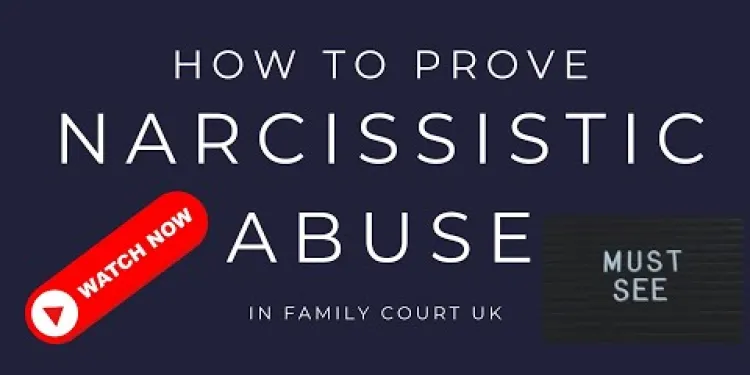
How To Prove Narcissistic Abuse In Family Court UK
Relevance: 21%
-
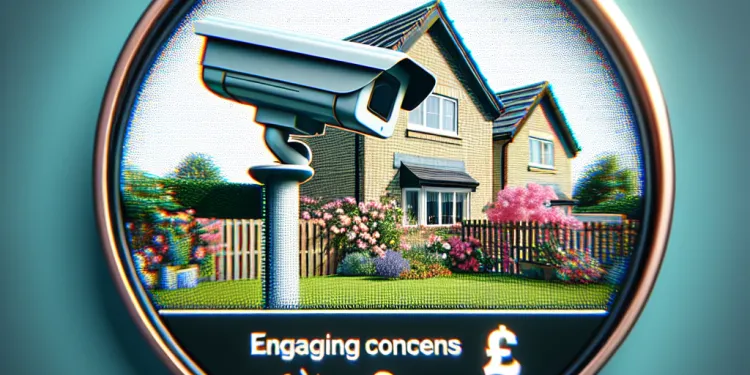
What should I do if I feel my privacy is being invaded by my neighbour's CCTV?
Relevance: 20%
Understanding the Legal Framework
To ensure that your solution is within legal boundaries in the UK, it is essential to first understand the existing legal framework that applies to your industry. Different sectors have unique regulations and compliance requirements. Familiarize yourself with laws such as data protection regulations, employment laws, consumer protection laws, and industry-specific regulations. Consulting with a legal professional can provide clarity and help identify which laws are relevant to your solution.
Identify Relevant Regulatory Bodies
Regulatory bodies oversee compliance for different industries in the UK. For example, the Information Commissioner's Office (ICO) governs data protection and privacy regulations, while the Advertising Standards Authority (ASA) ensures adherence to advertising standards. Identifying which regulatory bodies govern your sector will help in understanding compliance requirements and any updates to legislation that might affect your solution.
Conduct a Legal Audit
Performing a comprehensive legal audit can help identify potential legal risks associated with your solution. A legal audit involves a thorough review of all aspects of your solution to ensure compliance. This includes reviewing contracts, agreements, intellectual property protections, and internal policies. The audit results can highlight areas that require modification or introduce new compliance measures to safeguard against legal issues.
Consult Legal Experts
Engaging with legal experts or hiring an in-house legal advisor can prove invaluable. Legal experts bring a wealth of experience and understanding of the law, providing insights into complex legal issues. They can assess potential risks, offer advice on legal strategies, and ensure that your solution aligns with current legislation. Their expertise can be particularly beneficial when navigating nuanced legal areas, such as digital services compliance and international trade laws.
Stay Informed on Legislative Changes
Legislation is continually evolving, with new laws and amendments coming into effect regularly. Staying informed about these changes is crucial for maintaining legal compliance. Subscribing to legal updates, participating in industry conferences, and networking with peers can help in keeping abreast of legislative changes. This proactive approach ensures timely adjustments to your solution, preventing compliance lapses and potential legal repercussions.
Implement Robust Documentation
Having comprehensive documentation for your solution is essential for demonstrating compliance with legal requirements. This includes maintaining up-to-date records of contracts, customer agreements, data processing activities, and compliance policies. Detailed documentation serves as evidence of due diligence and can protect your business in case of legal disputes or regulatory inquiries. Regularly updating this documentation is as important as creating it.
Educate Your Team
Your team plays a critical role in maintaining legal compliance. Providing regular training sessions on relevant laws and compliance practices can help empower them to make legally informed decisions. Foster a culture of compliance by emphasizing its importance and integrating it into your business operations. With a well-informed team, your organization can effectively mitigate legal risks and adapt swiftly to regulatory changes.
Learning the Rules
To follow the law in the UK, you need to know the rules for your work area. Different jobs have different rules. Learn about important laws like protecting data, work rules, and customer rules. Talking to a lawyer can help you understand which laws matter to you.
Find the Right Rule-Makers
In the UK, special groups make sure people follow the rules. For example, the Information Commissioner's Office (ICO) handles data rules, and the Advertising Standards Authority (ASA) looks after ads. Knowing which group is in charge of your job helps you follow the right rules.
Check Your Work
Looking over your work carefully can spot rule-breaking issues. This check looks at your contracts, ideas, and plans to make sure you follow the rules. The results can show what needs changing or fixing.
Ask Legal Experts
Getting help from lawyers is really useful. They know a lot about the law and can help you with tricky issues. They can tell you about risks, give advice, and help you stick to the law. This is especially helpful for things like online services or trading with other countries.
Keep Up with Rule Changes
Rules change a lot. Staying updated on new rules is important. You can read legal news, go to work meetings, and talk to others in your field to learn about changes. This helps you change things on time and avoid problems.
Keep Good Records
It's important to have clear, detailed records of your work. This includes contracts, customer deals, and your plans. Good records show you are following the rules. Keep these records updated to be ready for any questions.
Teach Your Team
Your team needs to know the rules too. Give them training on important laws and practices. This helps them make good decisions. Make sure everyone knows why following the rules matters. With a trained team, you can handle changes and avoid problems.
Frequently Asked Questions
What are the initial steps to ensure my solution is legal?
Identify relevant laws and regulations related to your industry. Consult with a legal expert to understand these requirements.
Is consulting with a lawyer necessary for my project?
Yes, consulting with a lawyer can provide valuable insights and help ensure your solution complies with applicable laws.
How can industry-specific regulations impact my solution?
Industry-specific regulations can dictate how your solution must be designed, operated, and managed to avoid legal issues.
What role do intellectual property laws play?
Intellectual property laws protect your ideas and prevent infringement on others' rights. Ensure your solution does not violate these laws.
How can privacy laws affect my technology solution?
Privacy laws may affect how you collect, store, and process personal data. Comply with relevant data protection regulations.
What is the importance of compliance checks?
Compliance checks help ensure your solution adheres to the necessary legal standards, reducing the risk of legal penalties.
How often should I review legal compliance for my solution?
Regularly review compliance, especially when laws change or you make updates to your solution.
What are the consequences of legal non-compliance?
Non-compliance can lead to fines, lawsuits, cease and desist orders, or damage to your reputation and business operations.
Are there tools available to monitor legal compliance?
Yes, there are various software solutions and services designed to help track and maintain legal compliance for different industries.
Can I rely solely on online resources for legal guidance?
While online resources can be helpful, they should not replace professional legal advice specific to your case.
How do international laws affect my solution?
If your solution operates internationally, you must comply with the laws of each jurisdiction in which you do business.
What impact do consumer protection laws have?
Consumer protection laws ensure your solution is safe and advertised truthfully, protecting consumers from unfair practices.
How should I handle user agreements and terms of service?
Draft clear and comprehensive user agreements and terms of service, reviewed by a legal professional, to define user rights and obligations.
What are the legal implications of using open-source software?
Comply with the specific licenses of any open-source software used in your solution to avoid infringement.
How can I ensure compliance with advertising laws?
Ensure all marketing and advertising is truthful, not misleading, and compliant with relevant advertising standards and laws.
What should I do if a legal issue arises?
Contact a legal professional immediately to address the issue and develop a suitable response strategy.
Why is it important to stay informed about legal changes?
Staying informed helps you adapt to any new legal requirements promptly, maintaining compliance and avoiding potential issues.
How can employee training contribute to legal compliance?
Training employees on relevant laws and your compliance policies can prevent breaches and promote a culture of compliance.
Are there certifications that can help demonstrate compliance?
Yes, obtaining relevant certifications can demonstrate your adherence to industry standards and improve trust with customers.
How can I manage third-party/vendor compliance?
Ensure third-parties and vendors comply with your legal standards by conducting due diligence and defining requirements in contracts.
How can I make sure my idea follows the law?
Find out what the rules and laws are for your job. Talk to a lawyer to help you understand what you need to do.
Do I need to talk to a lawyer for my project?
If you have a project, you might wonder if you need to talk to a lawyer. A lawyer can help with questions about rules and laws.
Here are some things to think about:
- Does your project involve creating new things? A lawyer can help protect your ideas.
- Are you signing a contract? A lawyer can help you understand the agreement.
- Do you have questions about legal rules? A lawyer can give you advice.
Some tools can help make things easier:
- You can use a dictionary to look up hard words.
- Making a list of questions can help you talk to the lawyer.
- Ask a friend or family member to help explain things.
Talking to a lawyer can help you make sure everything is okay with your project.
Yes, talking to a lawyer is a good idea. They can give you helpful advice and make sure you are following the rules.
How do rules for my industry affect my idea?
When you have an idea or a solution, there are sometimes special rules you need to follow. These rules depend on the type of work or industry you are in.
Here is how you can understand these rules better:
- Ask an expert to explain the rules to you.
- Use simple tools like pictures or videos to learn more.
- Make a checklist to see if your idea follows the rules.
There are rules for different kinds of businesses. These rules tell you how to make, run, and take care of your solution. Following these rules helps you stay out of trouble with the law.
What do intellectual property laws do?
Intellectual property laws protect ideas and creations. They help people keep their inventions, music, and art safe. These laws make sure others don't copy or use them without asking.
If you want to understand more, you can:
- Ask someone to explain it using easy words.
- Use tools that read texts out loud.
- Watch videos about intellectual property laws.
Intellectual property laws keep your ideas safe and make sure nobody copies them. Make sure what you make doesn’t break these laws.
How do privacy laws change my tech solution?
Privacy laws are rules that keep people's information safe. These rules say how we can use and share people's data. When you make a tech solution, like an app or website, you must follow these rules.
Why is it important?
Privacy laws help protect users' personal information. If you don't follow them, you could get into trouble or face fines.
What should you do?
Here are some steps you can take:
- Learn about the privacy laws that apply to where you live and where your users live.
- Make sure your tech solution has strong security to protect data.
- Ask for advice if you are unsure. You can speak to experts or use online resources to learn more.
Using these tools and techniques can help you keep your tech solution safe and legal.
Privacy laws are rules about keeping people's personal information safe. They tell you how to collect, save, and use this information. Make sure you follow these rules about protecting data.
Why are rules checks important?
Checking the rules is important. This makes sure everyone is safe and doing the right thing. It helps people to follow laws and stay out of trouble.
Here are some ways to help understand rules better:
- Use simple words to explain.
- Use pictures to show what happens.
- Ask someone to help read if needed.
Compliance checks make sure your solution follows the rules. This helps avoid getting into legal trouble or facing fines.
How often should I check if my plan follows the law?
It's important to check if your plan follows the law regularly. Here are some tips to help you:
- Check at least once a year.
- If laws change, check again soon.
- Use reminders to help you remember.
- Ask an expert if you need help.
Check the rules often, especially when the laws change or you change your solution.
What happens if you don't follow the law?
If someone does not follow the law, they can get into trouble.
- They might have to pay money. This is called a fine.
- They could have to go to court.
- They might even have to go to jail.
It is important to know the rules and follow them.
Here are some tips to help:
- Ask someone you trust if you are unsure about what the rules are.
- Use simple checklists to remember important rules.
If a business does not follow the rules, it can get into trouble. It might have to pay money, go to court, stop what it is doing, or people might think bad things about it.
Can I use tools to check if I am following the law?
Yes, there are different computer programs and services that help check and follow the rules for different types of work.
Can I use only the internet for legal advice?
Online help can be useful, but it is not the same as getting advice from a lawyer for your own problem.
Do worldwide rules change my plan?
If your product is used in different countries, you must follow the rules of each place you work in.
How do consumer protection laws help people?
Consumer protection laws are rules that keep people safe when they buy things. These laws make sure that things people buy are safe and work well.
Here are some examples of what these laws do:
- They stop businesses from tricking people.
- They make sure products are safe.
- They help people if something goes wrong with a product.
Some tools that can help understand more:
- Ask an adult for help if you're unsure.
- Draw pictures to remember what the laws do.
- Use easy apps or videos that explain laws simply.
Consumer protection laws keep you safe. They make sure products are safe and that advertising is honest. This stops companies from being unfair to people who buy things.
What should I do with user agreements and terms of service?
Here’s how you can deal with user agreements and terms of service:
- Read them slowly. It's okay to take your time.
- Use a dictionary to look up hard words.
- Ask an adult or a friend to help explain tricky parts.
- If you don’t agree, ask if changes can be made.
These steps can help you understand what you are agreeing to.
Make simple and clear rules for your website or app users. Ask a lawyer to check them. These rules tell users what they can and cannot do.
Tools like Grammarly can help you write clearly. You can also try speaking your ideas out loud before writing them down.
What happens if you use open-source software?
Open-source software is free for anyone to use. But there are some rules you should follow:
- Read the license: The license tells you what you can and cannot do with the software.
- Give credit: Always say who made the software if the license asks you to.
- Share changes: If you change the software, you might have to share your changes with everyone.
If you're not sure, ask someone who knows about open-source rules. You can also use tools like text readers to help understand.
When you use open-source software, make sure you follow the rules or licenses. This way, you won't get in trouble.
How can I follow advertising laws?
Advertising laws are rules you have to follow when making ads. To make sure you are following these rules, you can:
- Read the rules in simple words. You can find guides that explain the rules clearly.
- Ask someone who knows the rules well, like a lawyer, to help you. They can check your ads.
- Use tools that help check your ad's spelling and words, like spell-check or a dictionary.
- Practice making ads and get feedback from others to see if your ad follows the rules.
These tips can help you make sure your ads are correct and fair for everyone.
Make sure all marketing and advertising are honest and clear. They should not trick people. Follow the advertising rules and laws.
What to Do if You Have a Legal Problem
Here is what you can do if you have a problem with the law:
- Stay calm and take deep breaths.
- Tell a trusted adult or friend about the problem.
- Write down everything you remember about the problem.
- Get help from someone who knows about the law. This person is called a lawyer.
- If you need help finding a lawyer, you can ask at a local community center or search online.
Remember, you are not alone, and there are people who can help you.
Talk to a lawyer right away to help you solve the problem and make a good plan to deal with it.
Why should you know about new laws?
Knowing about new laws is helpful.
It keeps you safe and protects your rights.
To help you learn about laws:
- Use simple news websites.
- Ask an adult for help.
- Watch easy-to-understand videos.
Knowing new rules helps you follow them quickly. This keeps you out of trouble and doing things right.
How does teaching workers help follow the law?
Teaching workers about the rules and your company’s compliance policies can help stop mistakes and build a good habit of following the rules.
Can I get a certificate to show I am following the rules?
Yes, getting the right certificates can show that you follow the rules in your job and make customers trust you more.
How can I manage third-party/vendor compliance?
How can I make sure vendors follow the rules?
Make sure anyone you work with follows the rules by checking them carefully. Write down what you expect in a contract.
Useful Links
- Ergsy carfully checks the information in the videos we provide here.
- Videos shown by Youtube after a video has completed, have NOT been reviewed by ERGSY.
- To view, click the arrow in centre of video.
- Most of the videos you find here will have subtitles and/or closed captions available.
- You may need to turn these on, and choose your preferred language.
- Go to the video you'd like to watch.
- If closed captions (CC) are available, settings will be visible on the bottom right of the video player.
- To turn on Captions, click settings .
- To turn off Captions, click settings again.
More Items From Ergsy search
-

Can inmates access legal assistance?
Relevance: 100%
-

How can I ensure my solution is within legal boundaries?
Relevance: 73%
-

Is cryptocurrency legal?
Relevance: 51%
-

Navigating Legal Guardianship and Parental Responsibility in the UK
Relevance: 51%
-

Emergency Legal Guidance: Navigating the Impact of Sudden Policy Changes on Families
Relevance: 47%
-

What should I do if I can't afford a lawyer for the eviction process?
Relevance: 47%
-

Can I ask for legal help to get my neighbor’s camera moved?
Relevance: 42%
-

Is CBD legal?
Relevance: 36%
-

Is it legal for me to block the view of my neighbour's security camera?
Relevance: 35%
-

Helen Starkie, Solicitor, Bath, UK
Relevance: 33%
-

Can I appeal a court's eviction decision?
Relevance: 31%
-

Is it legal for my neighbor to have a security camera facing my property?
Relevance: 31%
-

Is ketamine legal?
Relevance: 30%
-

Can a landlord lock me out or remove my belongings to evict me?
Relevance: 30%
-

What evidence should I gather if I plan to seek legal action?
Relevance: 30%
-

Can my neighbour legally point a security camera at my property?
Relevance: 29%
-

Handling Inheritance Disputes Legally
Relevance: 29%
-

Helen Starkie, Bath Solicitor for Wills and Probate Law
Relevance: 29%
-

Three-year limit for child sexual abuse claims to be removed
Relevance: 27%
-

Do neighbours need to inform me if their cameras record my property?
Relevance: 27%
-

What happens if I stay beyond the eviction deadline?
Relevance: 26%
-

Navigating Personal Injury Claims: What You Need to Know Post-2023
Relevance: 26%
-

Can my neighbour use footage from their security camera as evidence in disputes?
Relevance: 25%
-

Crown Court - Preparing to come to court
Relevance: 25%
-

Understanding Your Rights: Legal Support for Families During Economic Turbulence
Relevance: 25%
-

Can you travel with CBD?
Relevance: 24%
-

Do I need a lawyer to claim money back?
Relevance: 23%
-

How can I find out if any additional documentation is needed for my case?
Relevance: 23%
-

How are disputes between landlords and tenants handled?
Relevance: 22%
-

How can I stop my neighbour's security camera pointing at my property?
Relevance: 22%
-

Are employers legally required to pay the National Living Wage?
Relevance: 22%
-

The Family Court without a Lawyer - Video 1 of 3
Relevance: 22%
-

Can the police access my neighbour’s CCTV footage without consent?
Relevance: 21%
-

Are there any legal restrictions on caffeine pouches?
Relevance: 21%
-

Understanding Your Rights During Divorce Proceedings in the UK
Relevance: 21%
-

Is my concern valid if the camera is only monitoring my driveway?
Relevance: 21%
-

Is a hosepipe ban legally enforceable?
Relevance: 21%
-

What can I do if my landlord wants to evict me?
Relevance: 21%
-

How To Prove Narcissistic Abuse In Family Court UK
Relevance: 21%
-

What should I do if I feel my privacy is being invaded by my neighbour's CCTV?
Relevance: 20%